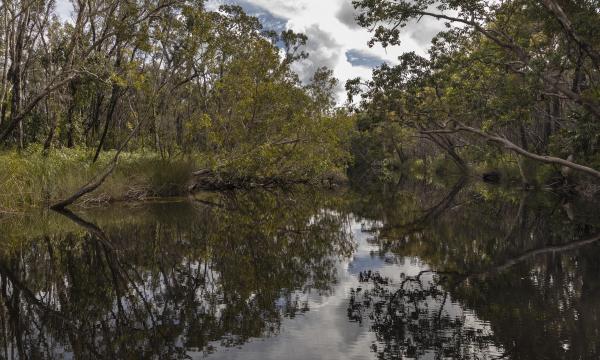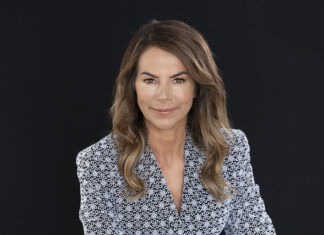A young, fit man, a good swimmer and experienced diver was on a weekend camping with friends when he dived into the shallow waters to retrieve a dropped mobile phone and blacked out.
The family of the 34-year-old man who drowned at the Noosa Everglades earlier this month want to alert people to the dangers of shallow water blackout in order to prevent further drownings.
According to an article in the Australian Medical Journal (AMJ) by Richard Franklin, Amy Peden and John Pearn in 2018, there were 22 drownings from 2002 to 2015 known to be caused by shallow water blackout or hypoxic blackout and likely been many more that went undetected. All involved men, most were aged from 18-34 years, and most occurred during recreation in home or public swimming pools.
The fatal syndrome is often caused by hyperventilating prior to submerging which lowers the carbon dioxide (CO2) level and delays the diver’s urge to breathe (high CO2 levels being the trigger for the body to breath in). As a consequence, the person loses consciousness.
The person’s urge to breath in begins while they are submerged and unconscious. The person doesn’t wake up but they start breathing. They breath in water and just start drowning.
These deaths were preventable, the AMJ article says.
Free divers, underwater hockey players, synchronised swimmers and professionals such as mollusc collectors are at particular risk of the syndrome.
The father of the man, who the family did not want to be identified, said his youngest child was a good swimmer and experienced diver who he had accompanied several times on 10-12m dives at the southern end of the barrier reef.
Neither he nor the young man’s friends had ever heard of shallow water blackout.
The father said his son had started to do breathing practices before diving – this super breathing.
Young guys are seeing this and thinking it’s a good way of getting better times, but it’s a recipe for dying, he said.
“We lost our son through a silly mistake. It was unintentional. It was avoidable,“ he said.
“We might get to save more parents, the grief we’ve had to go through in the last few weeks.
“There is no pain greater than the loss of one of your children.“







